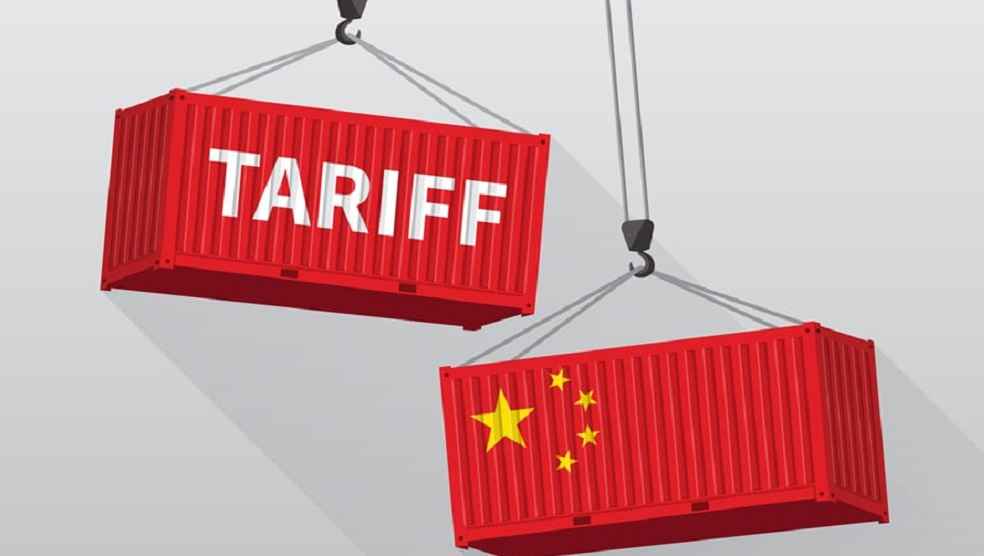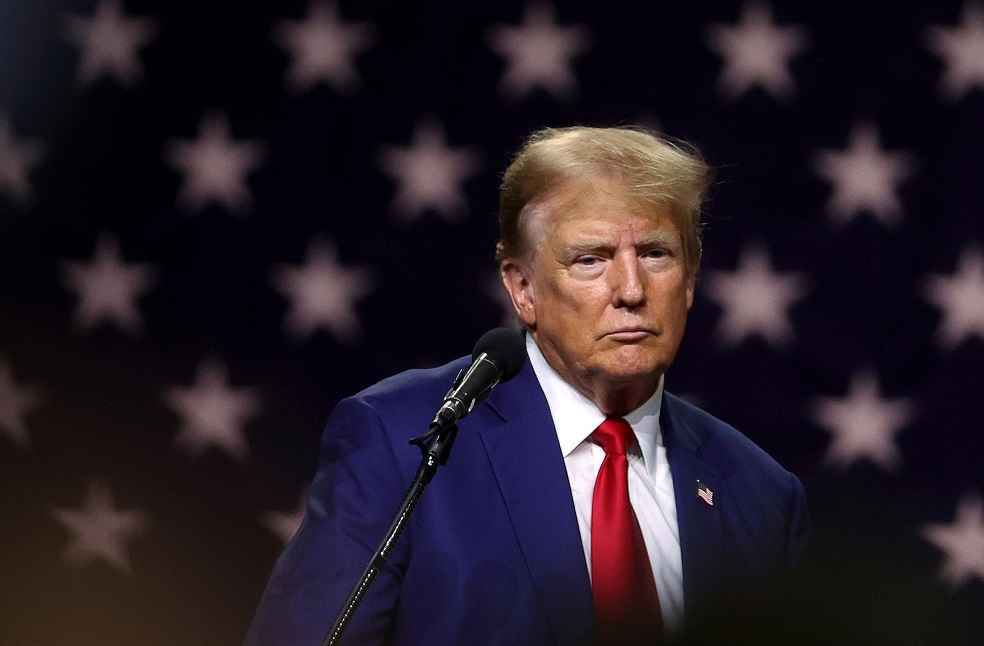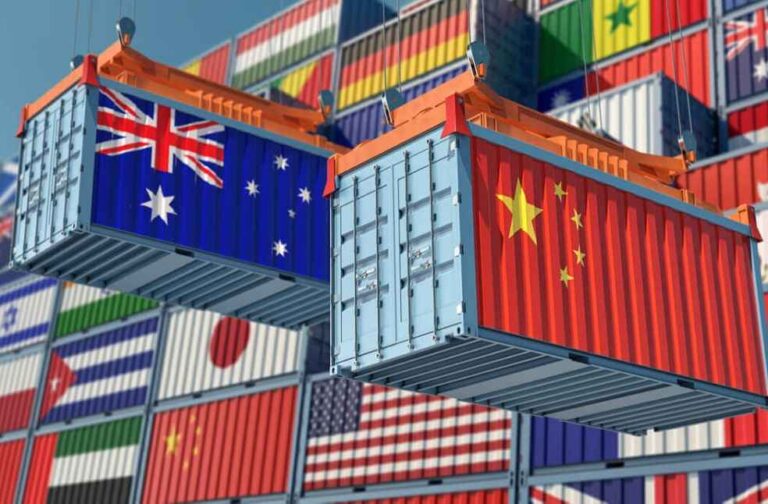A diplomatic engagement unfolded as US-China representatives convened within Beijing’s corridors of power, addressing the complex economic disparities shadowing relations between the globe’s economic behemoths. This assembly, set against the trade discourse on the U.S. presidential campaign trail, underscores the global stakes of Sino-American economic policies.
The Economic Working Group’s dialogue saw China articulating objections over heightened tariffs on exports, bilateral investment barriers, and additional trade and technological constraints. The Chinese Ministry of Finance, recognizing the dialogue’s constructive essence, highlighted Beijing’s grievances, signaling proactive engagement on perceived economic impediments.
Echoing sentiments of constructive engagement, the Global Times, a newspaper of Communist Party of China, lauded the discussions as a beacon of positivity. With escalating global challenges, this perceived thaw in relations offers a glimmer of optimism to businesses and the international arena, anxious over looming economic uncertainties.

From the American perspective, the U.S. Treasury Department reiterated concerns regarding China’s industrial policies, particularly those fostering overcapacity and adversely impacting U.S. workers and firms. These apprehensions spotlight broader trepidations regarding China’s economic strategy, especially amidst a slowing economy, real estate crisis, and demographic shifts. Focus sharpens on sectors like photo-voltaic solar panels, where China’s dominance has sparked debates on the equilibrium between free trade and protecting domestic industries against unsustainable competition.
Discussions also ventured into global economic stability, touching upon debt dilemmas in developing nations, financial cooperation, and economic strategies. Signaling commitment to sustained dialogue, both parties consented to reconvene in April, indicating mutual recognition of the intricacies defining their economic interdependence.
This narrative unfolds within a broader context of Sino-American relations, marked by a blend of tension and tentative détente. Recent exchanges, spurred by a summit between President Joe Biden and Chinese leader Xi Jinping, hint at cautious optimism for enhanced bilateral ties. Yet, the specter of contentious issues, notably Taiwan, and the legacy of tariffs from the Trump era, casts a long shadow over these diplomatic endeavors.

As the U.S. election horizon looms, with potential tariff escalations on the table, the economic discourse between China and the U.S. acquires additional layers of complexity. Thus, the Beijing dialogue represents not merely a moment of diplomatic engagement but a critical juncture in sculpting the future of global economic governance, with profound implications for businesses, workers, and consumers across both nations and beyond.
LATEST NEWS | Drone Strike Hits British Ship Near Yemen: ‘Red Sea Crisis’ Escalates



